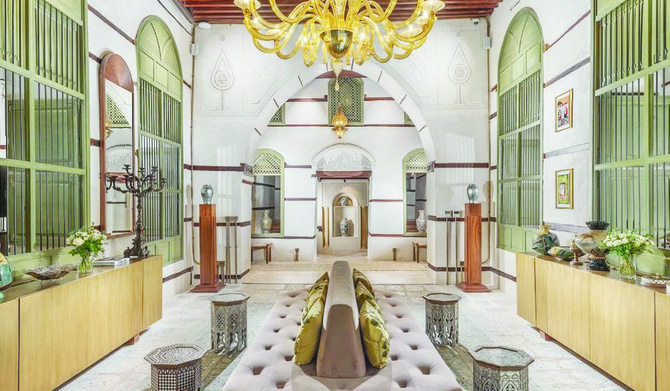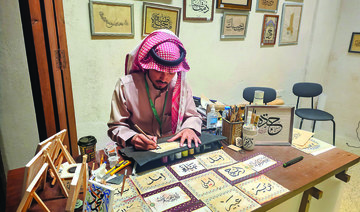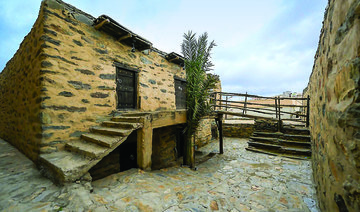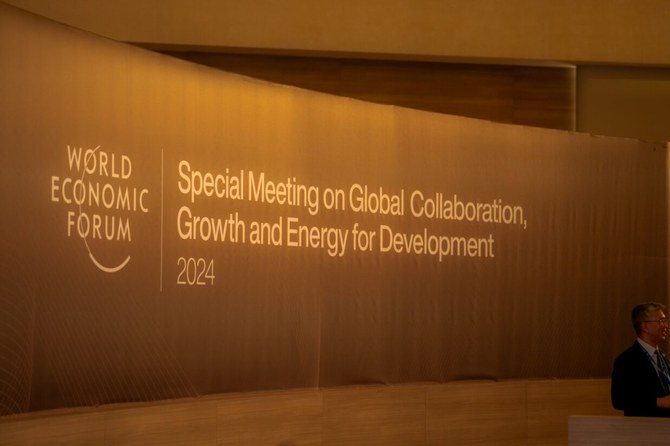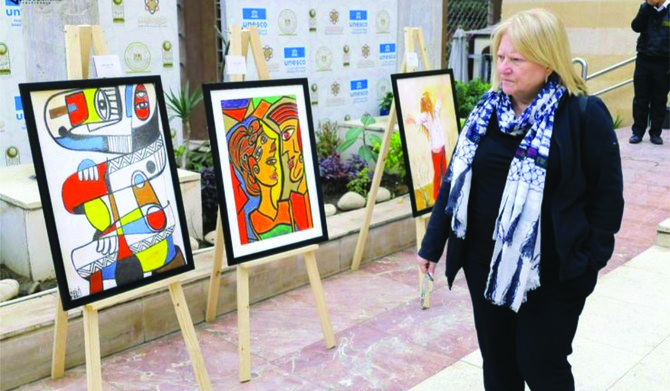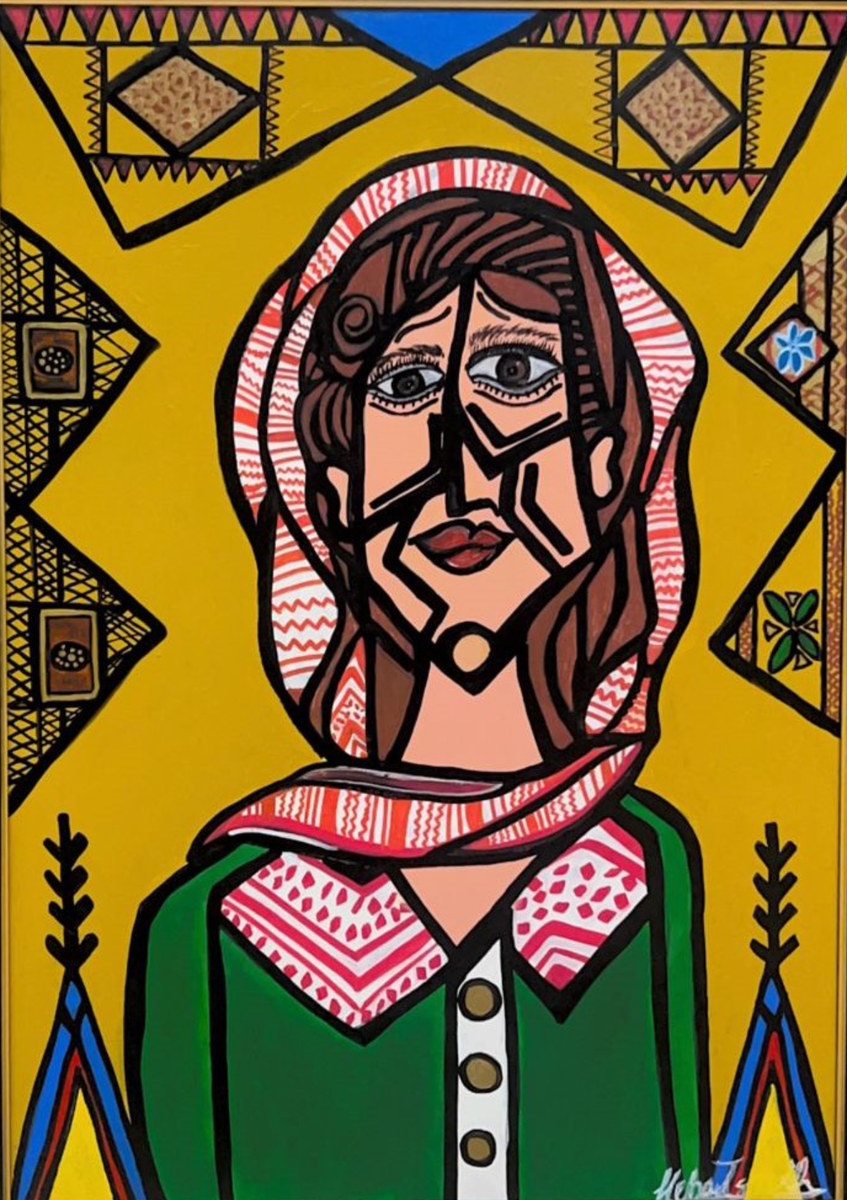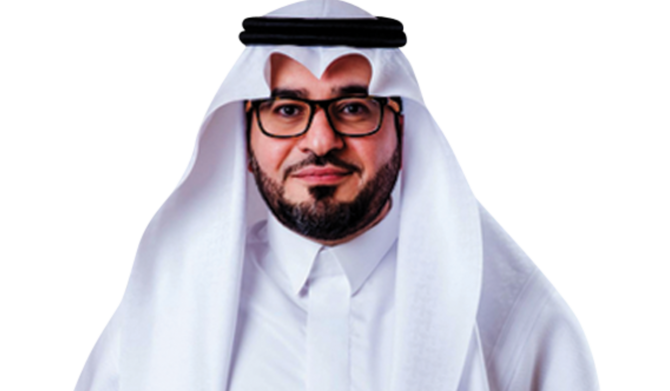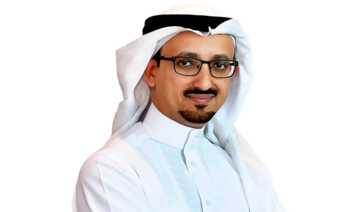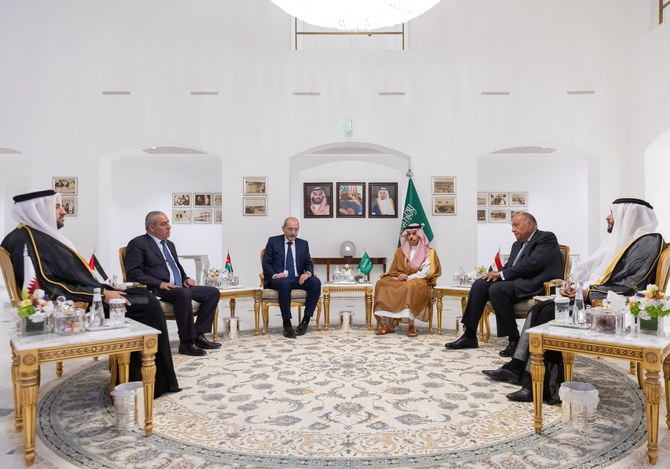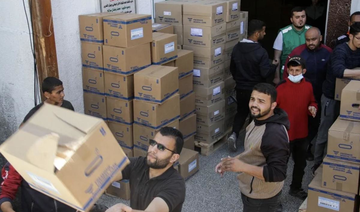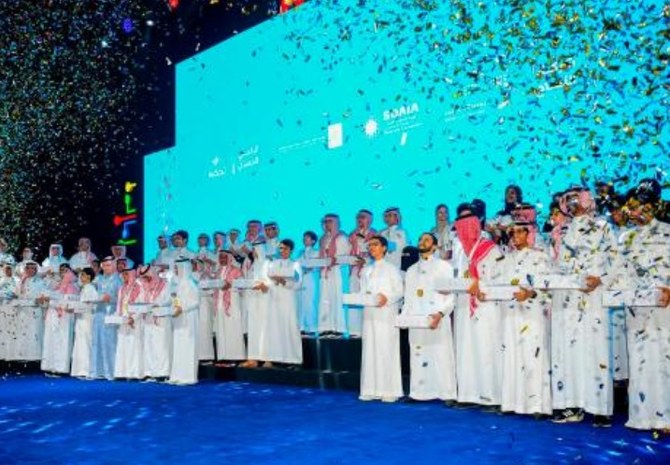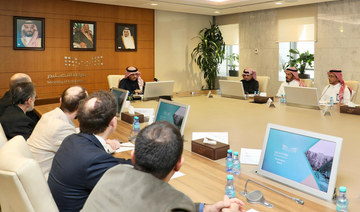JEDDAH: Nestled in the heart of Jeddah’s historic district are heritage hotels launched by the Jeddah Historic District Program under the patronage of the Ministry of Culture and in partnership with Al-Balad Development Co.
These hotels, including Beit Jokhdar, Beit Al-Rayess and Beit Kedwan, have been meticulously restored while preserving their architectural features to provide guests with an authentic glimpse into the rich cultural heritage of the region.
The restoration and rehabilitation of these heritage hotels was carried out in alignment with the highest international standards and the guidelines set out by UNESCO, which designated Jeddah Historic District as a World Heritage Site in 2014.
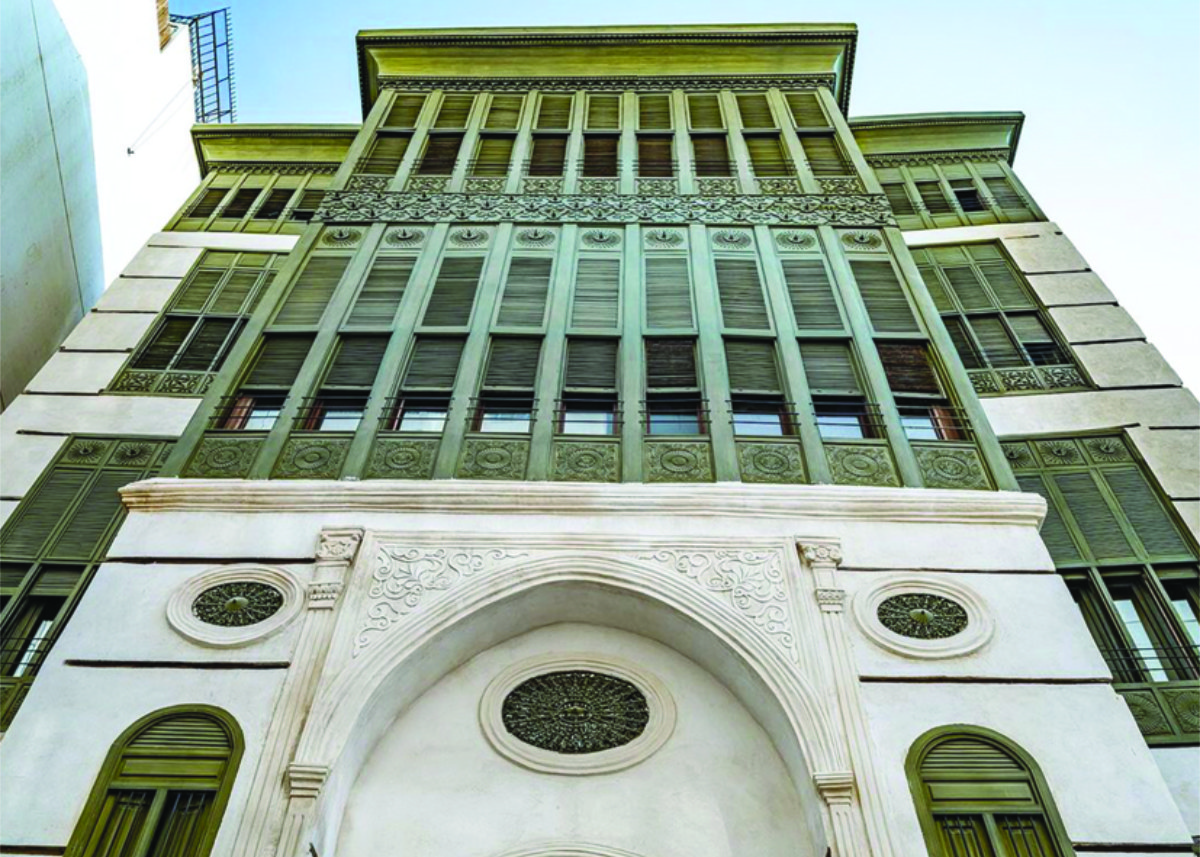
The opening of the first three heritage hotels in Jeddah Historic District marks a significant milestone in efforts to preserve and promote cultural heritage. (Instagram/jeddahalbalad.sa)
Tariq Omar Al-Saggaf, the project manager, told Arab News about the extensive work involved in reviving about 600 heritage buildings in the area. “These buildings are not only being restored but also repurposed for various functions ranging from hotels to residential, administrative, commercial and cultural purposes,” he said.
Through a harmonious blend of historical restoration and modern hospitality, these hotels offer guests an opportunity to immerse themselves in the rich history and architecture of one of Saudi Arabia’s most iconic districts.
HIGHLIGHTS
• The recent agreement between the Jeddah Historic District Program and Al-Balad Development Co. signals a new chapter in the operation of the heritage hotels. • Beit Jokhdar has one of the largest wooden facades in Al-Balad and distinctive elements such as stained glass. • Beit Kedwan, facing Beit Nassif, stands out for its wooden rawasheen and mashrabiyyas.
During an exclusive tour at Beit Jokhdar, Milica Markovic, the general manager of Al-Balad Historic Hotels, told Arab News that the restoration process aimed to maintain the original charm of the buildings: “80 percent of the building has been restored to how it originally was. This building has the biggest roshan window in Jeddah. It has nine rooms and suites and it’s the biggest out of the three that we have.”
She added: “So, that’s why the architecture is actually very unique. It is very important for us to reflect for the guests, although these are hotels (they have) a very homey, elegant vibe.”
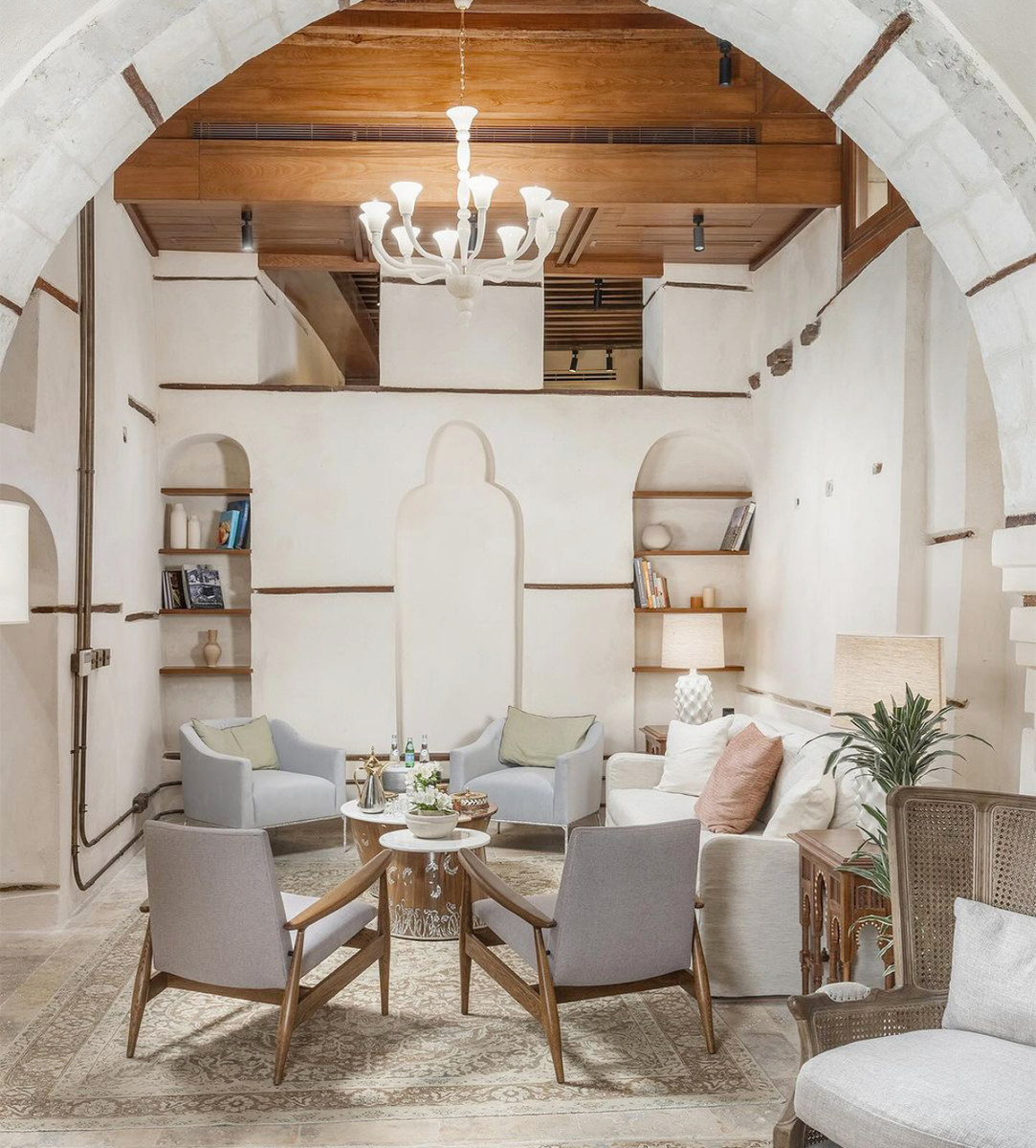
The opening of the first three heritage hotels in Jeddah Historic District marks a significant milestone in efforts to preserve and promote cultural heritage. (Instagram/jeddahalbalad.sa)
The attention to detail in preserving elements such as the roshan window, wooden ornaments and oil lamp hooks gives guests an insight into the heritage of the region. Local craftsmanship and artistry are also integral to the interior design and ambiance of the hotels, reflecting the cultural richness of Saudi Arabia.
“The ceilings are also original with wood ornament carving that is handmade. We even preserved the old hooks, where they used to put the oil lamps to lighten up the room. Most of the art and furniture you see … most of it has been done locally, so we really try to showcase fully not just the interior design and architecture of Saudi Arabia but also ... the work of the artists,” Markovic said.
Each of the three heritage hotels showcases a different architectural design that highlights the historical and aesthetic value of the buildings.
Beit Jokhdar, for instance, has one of the largest wooden facades in Al-Balad and features distinctive elements such as plaster decorations, arches, stained glass and ornate wooden interiors.
Beit Kedwan, facing Beit Nassif, stands out for its wooden rawasheen and mashrabiyyas, while Beit Al-Rayess is celebrated for its location and architectural features both internally and externally.
Markovic said: “The whole renovation process, I believe, took a little bit more than two years. But to set it up at the hotel and the hotel operation … it’s been only actually three months so we’ve been hardcore working to set everything up for the year.
“The most beautiful thing about these hotels is we don’t have to come up with a fancy marketing strategy or anything, we can just embrace them and share this beautiful history story,” Markovic said.
“Prices go usually from SR5,000 ($1,333) and more per night, but depending on the seasonality event in Jeddah, it can go a certain percentage lower or higher depending on the occupancy.”
Hospitality and dining in all hotels is inspired by an authentic Saudi flavor, “We have hired fantastic young chefs that are basically developing dishes that are inspired by Saudi cuisine, but with a bit of a more modern fine dining and elegant twist,” Markovic said.
The recent agreement between the Jeddah Historic District Program and Al-Balad Development Co. signals a new chapter in the operation of the heritage hotels.
With 34 heritage houses set to be managed under this partnership, Al-Balad Hospitality aims to offer authentic hospitality experiences that celebrate the culture of the region.
The commitment to preserving the history and providing enriching experiences positions Jeddah Historic District as a sought-after destination for visitors worldwide.
The opening of the first three heritage hotels in Jeddah Historic District marks a significant milestone in efforts to preserve and promote cultural heritage.



